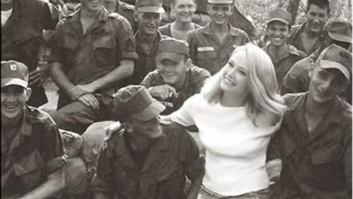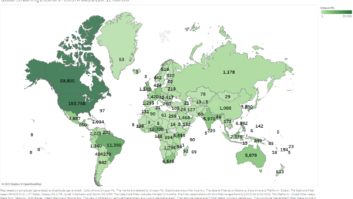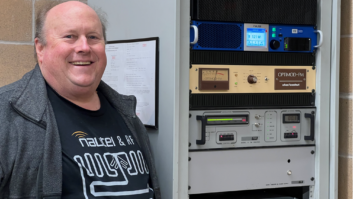The spirit of coopetition
Oct 1, 2009 12:00 PM, Chriss Scherer
[email protected]

My former publisher used (and possibly coined) the phrase coopetition. That’s a merger of the word cooperation and competition. In a way it’s a variation of the phrase if you can’t beat �em join �em, but does it in a way that benefits all those involved. The beat or join approach often shows that one party yielded to another. Not so with coopetition.
As the rules of business are bent and retooled to ensure success, coopetition is a way for two or more typical competitors to work together for their mutual benefit. Have you ever thought that the cross-town station rival could be your partner? It sounds like an impossibility. You’re both competing for the same listeners and the same ad revenues. So while that may not change, there are elements of doing business that could be the basis for a cooperative effort.
In a way, many stations already engage in some coopetition. It’s usually informal and most often not put in the spotlight. Engineers from competing stations have often worked together during emergencies. When a station is off the air, it’s not uncommon for one engineer to loan something to another. Have you heard a station manager tell an engineer not to talk to any other engineers in town? I laugh when I hear that summary ruling, because the secret cooperation is often running rampant.
A crisis isn’t always the source of competitive cooperation. News and special events often require stations to work together. In reality, coopetition isn’t a new idea for radio.
That is until you put it in writing.
Recently, Cumulus and Gap Broadcasting created an agreement to share the engineering teams at several stations in Texas and Louisiana. The idea came about when Gary Kline of Cumulus and Norm Phillips of Gap realized they both had certain engineering needs in shared markets. It worked out that where Cumulus needed some assistance in one market, Gap had it covered. The converse was true in another market.
So rather than struggle in one market while the other flourished, Kline and Phillips compared resources and found a comfortable and complementary fit.
So how does it work? In a given market, Gap may have had an engineering staff and Cumulus had a contract engineer. The agreement allows the Gap staff to handle the engineering needs of the Cumulus stations a few days a week. Similar and complementary agreements exist in other markets.
I’m told that no one lost a job in the process. Some contract engineers lost some client work, but staff engineers stayed employed.
And the engineers are being compensated for their work. They still draw their regular salaries from their existing employer, but they also receive something extra � sort of like a commission check � from the other licensee.
In the end, it seems everyone wins. Each group owner receives the engineering attention it needs, and the individuals are compensated for their work.
There’s some accounting to track time worked for each station, and that’s reconciled each month. The entire process is being reviewed and watched to ensure that everything remains fair and equitable.
And while there are days that a Cumulus engineer would report for duty at a Gap station, if there’s an emergency at the Cumulus station, the resources are devoted as needed.
So far, everything is working out.
It’s an interesting situation. So far it works for Gap and Cumulus in the markets they share. Are there other markets and groups that could apply this idea? Probably. And as the pool of radio broadcast engineers continues to shrink, this has helped Gap and Cumulus obtain the support they need.
Coopetition seems to work.
What’s your opinion? Send it to[email protected]












